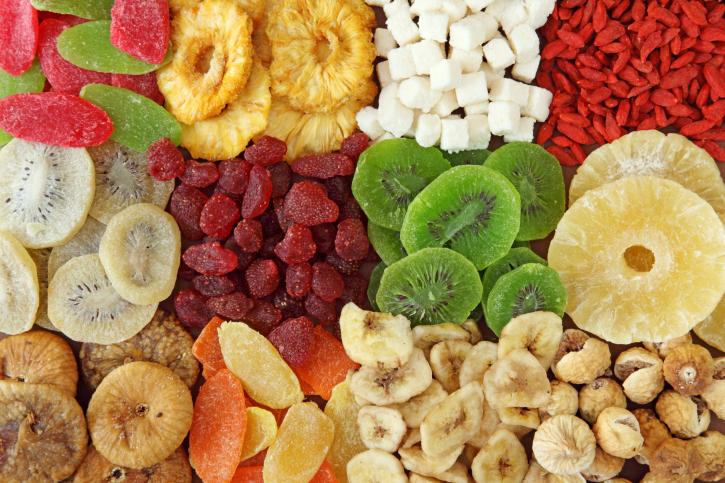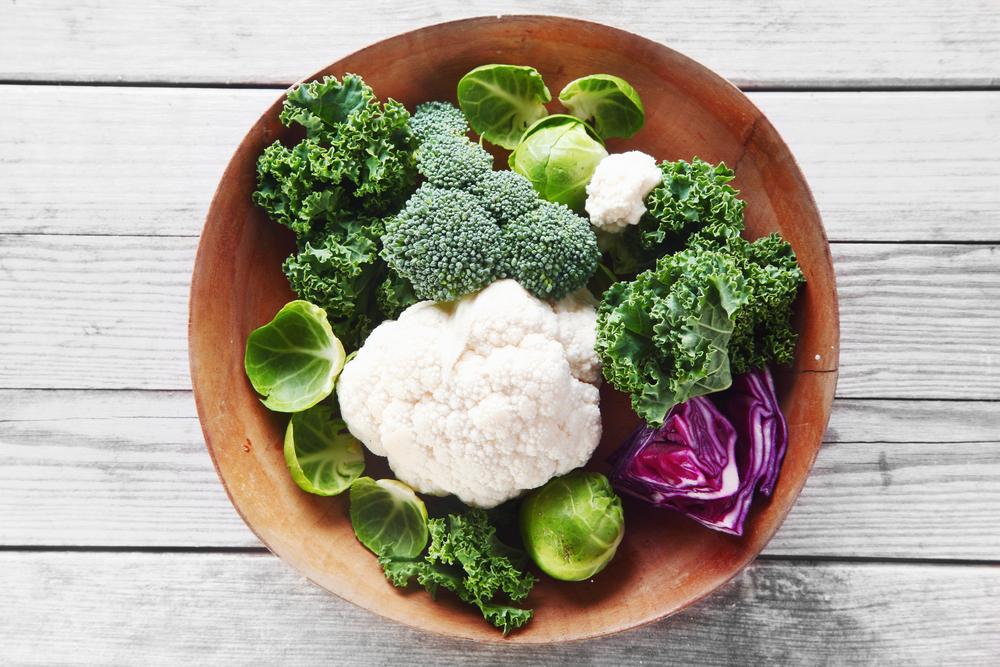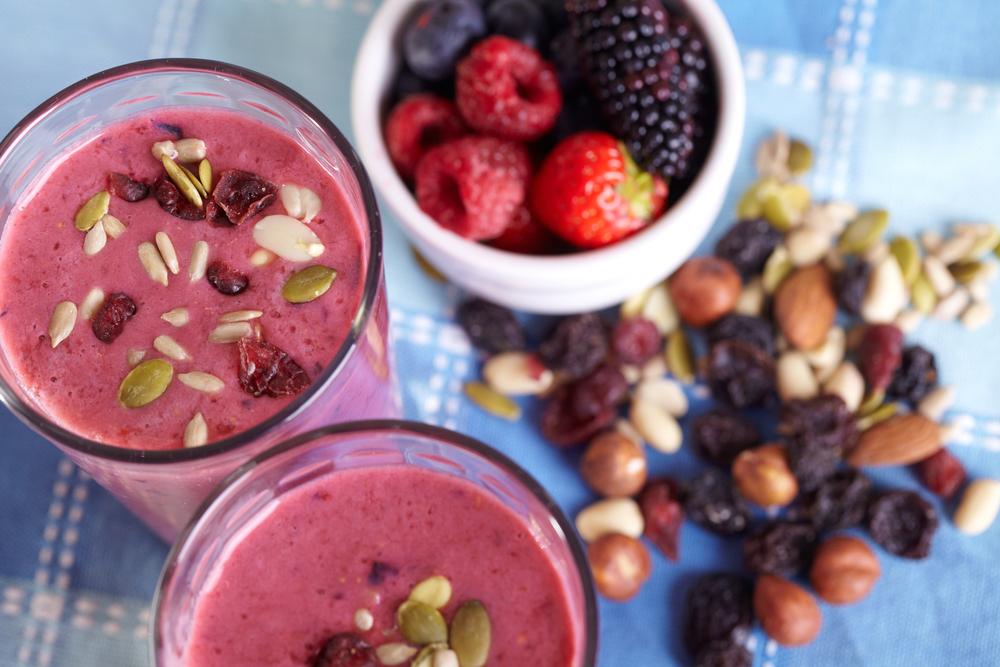Classic symptoms of dairy sensitivity are mucus, respiratory problems, digestive problems (such as gas, bloating, diarrhea, or constipation), fatigue, joint pains, and skin problems from rashes to acne. About 10% of adults are lactose intolerant and many others have difficulty digesting casein from cow’s milk. When casein is not properly digested, it gets into your bloodstream, and the immune system reacts, causing inflammation.
There are a number of hormones in an average glass of milk (even the organic and bovine growth hormone free milk) and recently a cocktail of other chemicals were found in a typical glass of milk too. Pasteurization eliminates many of the beneficial components of milk, and homogenization creates fats that are foreign to most human digestive systems.
At the Eleven Eleven Wellness Center, we encourage patients to give up dairy products, which includes milk, cheese, cottage cheese, yogurt, butter and non-dairy creamers. By doing this for at least 2 weeks you will give your digestive system a rest and will be able to tell if you are sensitive to dairy. In my experience of eliminating dairy for a few weeks, I figured out that it bothers my stomach (especially any cream-based soups), so I now avoid dairy and feel much better.
If you’re among the many people who don’t tolerate dairy well, don’t despair! Here are some easy alternatives:
Milk Substitutes
Almond Milk: Almond milk is my favorite of the dairy alternatives. I use a splash in a cup of tea or it’s great in a smoothie. The trick is to choose unsweetened almond milk. Brands that I like are Pacific Natural Foods or Blue Diamond Almond Breeze – choose organic if possible. You should be able to find almond milk at Whole Foods, in your health food store or even your supermarket.
It’s also easy to make your own almond milk: Soak 1 cup of raw almonds for at least 4 hours or overnight. Then strain the water and add the almonds to your blender with 3 cups of filtered water. Blend for several minutes until smooth. Then you will strain through a cheesecloth, refrigerate the milk and use within 3 days. You can also make cashew milk in the same fashion. Enjoy!
Rice Milk: Rice milk is also a great choice. The consistency is a bit thinner (more watery) than almond milk, but some people prefer it and of course it’s a good alternative if you have a nut allergy.
Hemp Milk: Hemp milk has a nice creamy consistency. It is made with hemp seeds which are nutritional powerhouses – they are a good vegetarian source of protein and essential omega 3 and 6 fatty acids.
Goat’s Milk: Though technically a dairy product, goat’s milk is more easily digested by many people who are sensitive to cow’s milk. We recommend that you take all dairy products out of your diet for at least two weeks, and then you can introduce some goat milk and see if you’re able to digest it without a problem.
Cheese, Butter and Yogurt
Daiya is a dairy-free cheese substitute that you can check out. We also find that many people tolerate goat cheese, sheep’s milk feta or buffalo mozzarella better than sheep from cows. For butter, you may be fine with small amounts of butter, or you can try Earth Balance Natural Spread. For yogurt alternatives, you can try a yogurt made from coconut milk such as So Delicious or Turtle Mountain brands.

(Shutterstock*)
Ice Cream
What fun is life without ice cream? Not much! Here are some suggestions to satisfy that craving for something cold and creamy:
Smoothies: You can’t go wrong with a refreshing smoothie. I like to make my morning smoothies so thick that I eat them with a spoon. They are the best way to pack in protein, healthy fats, and even greens in an easy-to-digest beverage. Check out this recipe for a Blueberry Pear Smoothie – delicious! We have many more smoothie recipes here.
Banana Soft Serve: Check out this amazing recipe for banana soft serve from certified clinical nutritionist Gena Hamshaw. Heaven on earth!
Coconut Bliss Ice Cream: This dairy-free ice cream is made with coconut milk and is delicious. Just be aware that it still has a lot of sugar, so this should be an occasional treat not an everyday staple. Check it out at www.coconutbliss.com.
This should be enough to get you started on your dairy-free journey! If you stay open-minded and get creative about trying dairy alternatives the transition will be easy.
This article was originally published on www.drfranklipman.com. Read the original here.
*Images of “lactose intolerance“ and ”coconut ice cream“ via Shutterstock





